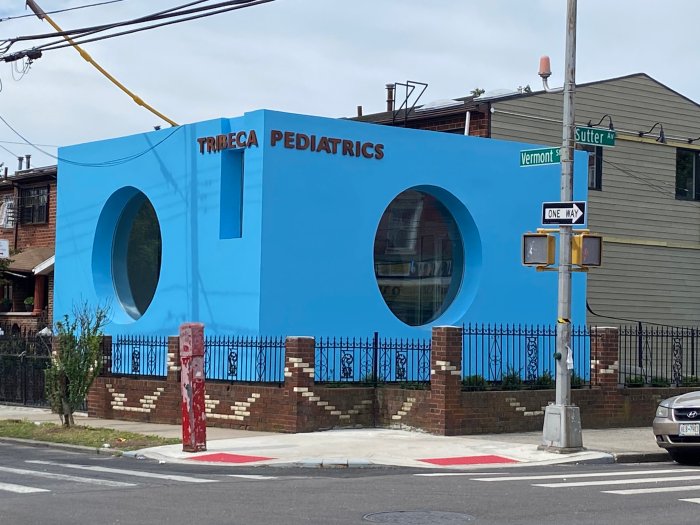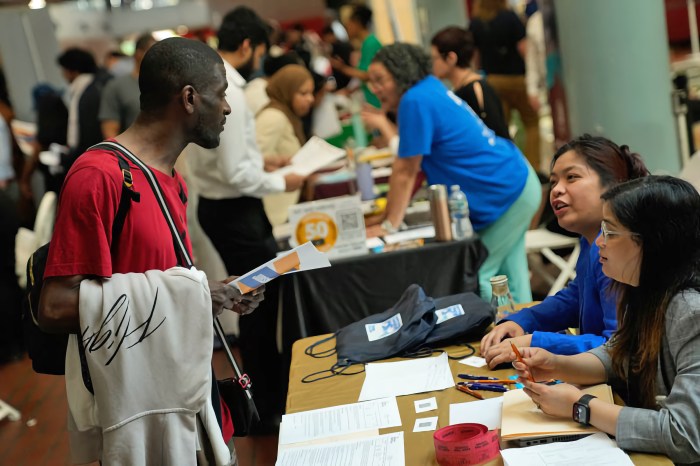The Antiviral Drugs Advisory panel of the U.S. Food and Drug Administration (FDA) has voted in support of FDA approval for a once-daily pill to reduce the risk of contracting HIV, a prevention strategy called pre-exposure prophylaxis or PrEP. If the FDA approves the antiviral pill, known as Truvada, it would be the first drug indicated to reduce the risk of acquiring HIV. However, there are many serious unanswered questions about Truvada as an HIV pre-exposure prophylaxis drug.
The advisory panel recommended that Truvada PrEP be approved specifically for populations at high risk of contracting HIV. These include men who frequently have sex with men (MSM) and discordant couples in which one partner has HIV and the other does not.
The 22 member advisory panel consisted of researchers, clinicians and HIV infected community members. Although the panel recommendations are not binding the FDA generally follows them.
“With their support for approval, the FDA’s expert panel and its own scientists have followed the evidence. We hope and expect that the agency will follow their sound advice,” said Mitchell Warren, executive director of Global Advocacy for HIV Prevention.
Supporters of Truvada PrEP were thrilled by the advisory panel’s decision. With U.S. transmission rates failing to change from year to year, they believe Truvada PrEP will have a significant impact in reducing new infections at home and abroad.
“This brings us closer to a watershed for global HIV prevention efforts,” Warren said. “PrEP, while not a panacea, will be an essential additional part to the world’s success in ending AIDS.”
The advisory panel meeting included several days of testimony and the presentation of study data. How much condom use and safe sex counseling contributed to the success of these studies is still a subject of debate. The results presented ranged from the dismal to the impressive, depending on the study and the data being cherry picked from them.
One study among high-risk MSM showed an overall 44% reduction in new infections. However, for those in the study in which blood tests showed they actually took their daily dose of Truvada there was a 92% reduction in HIV transmission. If those good results hold up Truvada PrEP will be one among some other recent big advance in HIV prevention.
“This new drug indication is the baseline, or building block, for a new type of biomedical HIV prevention,” said Marjorie Hill, PhD, of New York’s Gay Men’s Health Crisis. “PrEP drug development can be added to the vast array of HIV prevention tools including condoms, HIV testing and Post-Exposure Prophylaxis. Truvada as PrEP will clearly be one of the first iterations for Treatment as Prevention.”
New data also showed that the reason Truvada PrEP failed to work in a study among African women was due to a lack of adherence to the once daily regimen. “If you perceive yourself to be at risk, if you take your pill daily, and if you receive the drug as part of a comprehensive package of HIV prevention interventions and testing, oral PrEP can dramatically reduce your chances of becoming infected,” Mitchell Warren added.
But questions about Truvada PrEP remained unresolved even after the advisory panel meeting.
A proposed set of rules for patients and physicians, called the Risk Evaluation and Mitigation Strategy, was criticized by some at the meeting as being inadequate.
Despite the panel recommendations there is still no certainty on who should take PrEP. A recent cost/benefit study published in the Annals of Internal Medicine (AIM) suggests that making PrEP available to MSM who are at very high risk of HIV infection, and not for all MSM, makes sense. The advisory panel’s decision seemed to reflect that approach. One recent study suggested that for some, dosing Truvada PrEP four days a week instead of once a day might work. Because lower dose Truvada PrEP will cost less than the currently estimated $14,000 annually, the AIM study showed it would then make sense for the FDA to relabel the drug for use among those less at risk of infection.
Improper dosing also was a concern among Truvada PrEP naysayers at the meeting. The possibility was raised that intermittent dosing of Truvada PrEP by those unknowingly infected with HIV could lead to the development of drug resistance. To minimize this possibility, the advisory panel considered whether regular HIV screening should be required for those on Truvada PrEP. The FDA believed that, from a prevention standpoint, that restriction would be counterproductive. With the array of HIV confidentiality laws it would also be difficult to implement and enforce.
Another fear is that Truvada PrEP will encourage risky behavior. Representatives of the Los Angelos based AIDS Health care Foundation expressed concern that those on Truvada PrEP will mistakenly believe it provides 100% protection and so stop using condoms.
PrEP Truvada is also not without its side effects. These include some bone density problems and kidney toxicities. Creatinine clearance should be determined before starting it.
In addition, although some insurance policies may cover Truvada PrEP, the question remains whether those with a prescription will be red flagged by insurers as someone who is at high risk of contracting HIV. That could be a problem if Obamacare established insurance protections are wiped out by the upcoming supreme court decision. Gilead, the manufacture of Truvada, has announced that it will establish a patient assistance program for those without health care coverage who can’t afford Truvada PrEP.
Another unknown is how Truvada PrEP will affect global access to HIV treatment. With government funding being slashed worldwide will the global community be able to balance the cost of PrEP and the needs of tens of millions of people infected with HIV who are desperate for lifesaving antivirals.
Finally, Truvada may not be the only drug that prevents HIV infection. Studies will examine others to see if they can be used as a pre-exposure prophylaxis, including drugs that may be more favorably dosed.
The FDA is expected to make a decision on Truvada PrEP as soon as mid July.
In-Home HIV Test One Step Closer to Approval
The U.S. Food and Drug Administration (FDA) Blood Products Advisory Committee has unanimously recommended to the FDA that i approve the OraQuick In-Home HIV Test. The advisory committee all agreed that the projected benefits of the new test outweigh the potential risks of false positive or negative test results and that the test is safe and effective. According to the CDC there are 1.2 million people in the U.S. with HIV and about 240,000 of them are unaware of it. Those who do not know they are HIV positive are unknowingly responsible for up to 70 percent of the 50,000 new infections that happen every year. Assuming 1 million individuals use the new In-Home Test, an additional 9,087 HIV positive individuals could be identified. That would prevent more than 700 other HIV transmissions yearly. Of those who tested HIV-positive with the OraQuick test, 96% said that they would also follow-up with a doctor or clinic.
Distributed by Healthy Living News


























